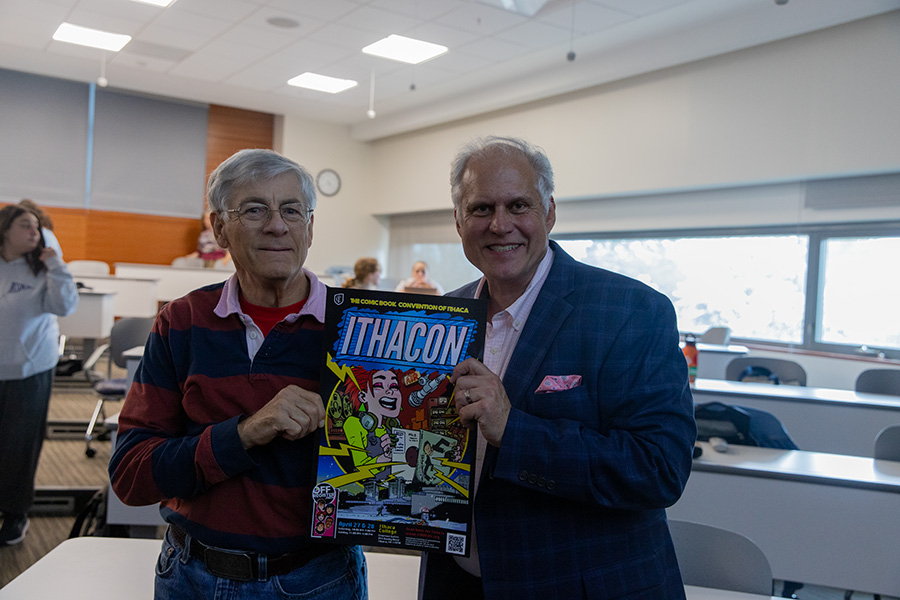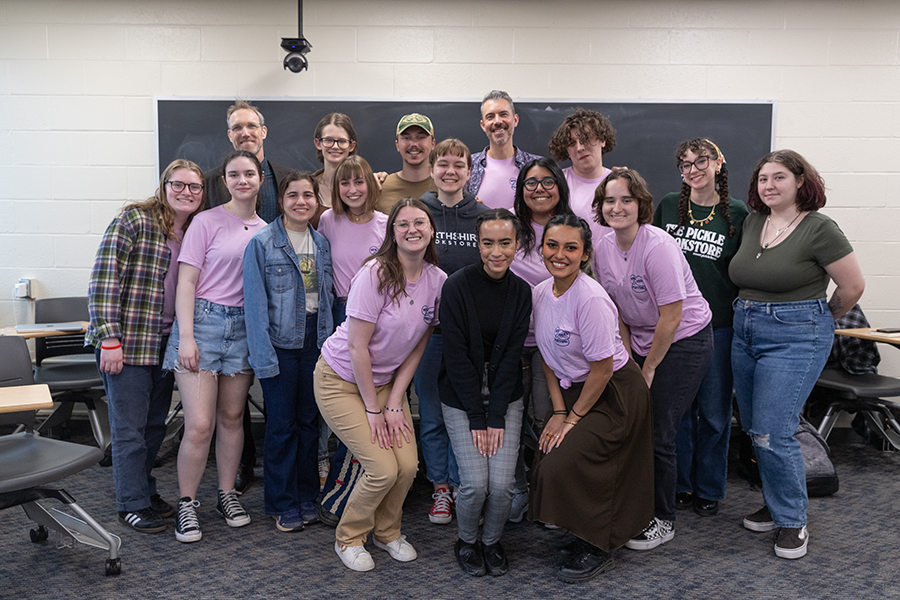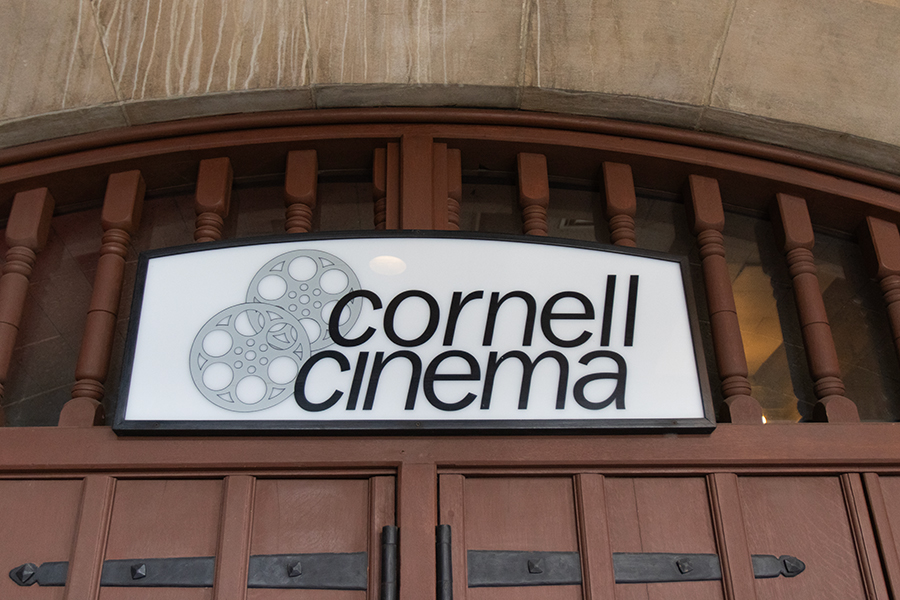Cornell University professor Trevor Pinch will be exploring the rarity of new musical instruments and the creation of new sounds in his upcoming presentation, “In the Moog: The Sociology of New Sounds.”
Set to take place at 7 p.m. Feb. 9 at the Dorothy D. and Roy H. Park Center for Business and Sustainable Enterprise, the presentation will focus on the Moog synthesizer, an electronic musical instrument created by Cornell alumnus Robert Moog in the 1960s, and the sociology of how new sounds are created and why they’re so rare. Pinch works as the Goldwin Smith Professor of Science and Technology Studies at Cornell, and his primary areas of research reside in the sociology of technology and the studies of science, technology and sound. He has also written books pertaining to his field studies, such as “Analog Days: The Invention and Impact of the Moog Synthesizer.” Outside of the academic field, Pinch is also a musician and plays synthesizers with The Electric Golem and The Atomic Forces.
Pinch said the creation of new sounds and instruments is particularly rare, with the Moog synthesizer being the most recent. He said the conservative nature of the music field factors into the rarity of new instruments.
“Musicians are very finicky about buying new musical instruments. They have to interact with them,” he said. “And it’s one of the most sensitive interfaces we have between humans and machines, the synthesizer.”
Furthermore, Pinch said, what influences the popularity of new instruments like the Moog synthesizer is the rise in a new genre of music to complement the sounds produced by new music technologies. In particular, the popularity of the Moog synthesizer can be attributed to the late 1960s era of psychedelic rock with its range of spacey sounds. The warm bass sounds of the Moog synthesizer have also been used in progressive rock, pop music, hip-hop and electronic dance music. The instrument also produces piercing, monophonic–type sounds that are used in progressive rock by bands like Yes!
Accompanying Pinch will be Ithaca College junior Josh Oxford, who will be demonstrating the sounds of the Moog synthesizer throughout the presentation. Pinch said he hopes the audience learns about the role of new sounds in society and why it can be so difficult to understand them.
“They come along very rarely,” he said. “One needs to understand society and culture from which instruments come.”
Trevor Pinch will be presenting “The Sociology of New Sounds” with Josh Oxford at 7 p.m. Feb. 9 in the Dorothy D. and Roy H. Park Center for Business and Sustainable Enterprise, room 111.












